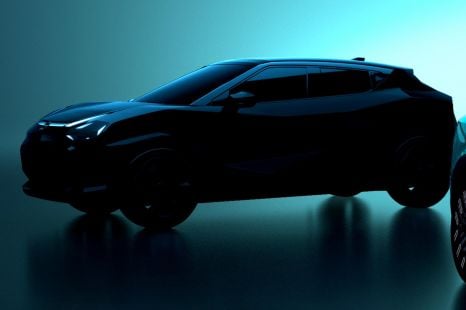

Damion Smy
Nissan Juke EV will use Leaf platform, due in 2026 - report
11 Hours Ago
Stellantis wants to shore up its position in China, and is reportedly looking at partnering with a local electric vehicle firm there for help.

News Editor
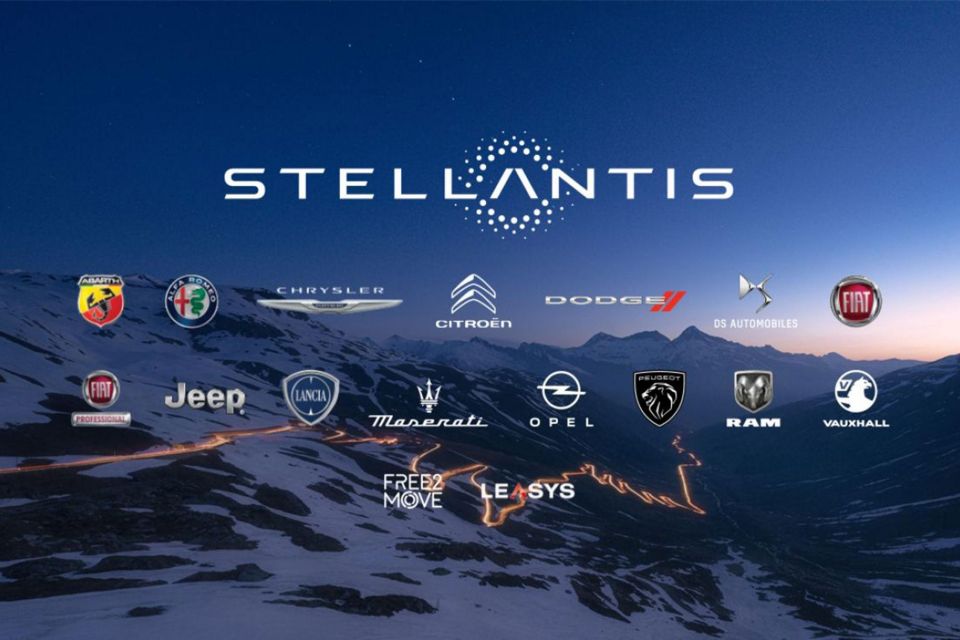

News Editor
Stellantis is reportedly the latest Western automaker looking to China for help with electric vehicles (EVs).
Bloomberg reports word from sources that the automotive giant, parent company of brands like Jeep and Peugeot, is exploring working with Chinese EV brands, including Leapmotor.
It’s reportedly looking at investing in a local EV firm to establish a business partnership that would help it grow in China.
Stellantis isn’t alone in looking to Leapmotor, with Reuters reporting Volkswagen is also weighing a tie-up with the firm.
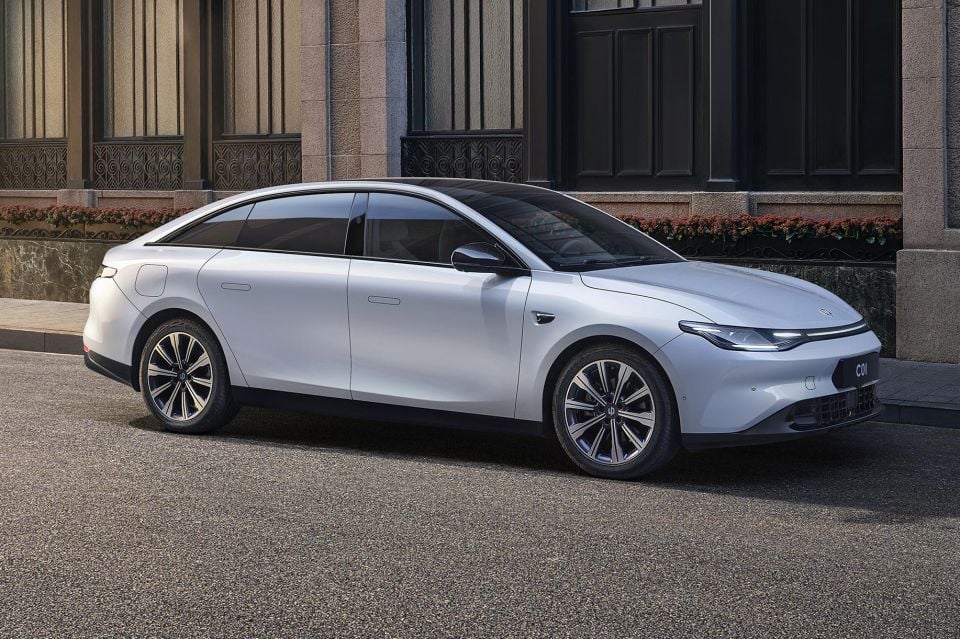
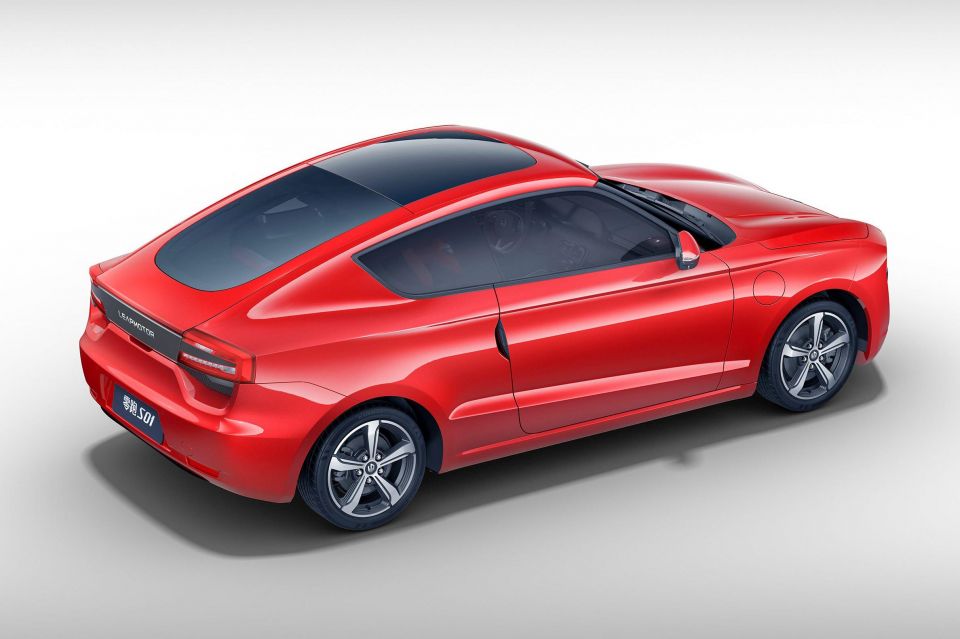
Volkswagen has also entered an agreement to jointly design two “fully connected” EVs with Xpeng, due by early 2026, while its Audi brand is partnering with Chinese giant SAIC Motor on EV projects.
Leapmotor was founded in 2015, and revealed its first car – the S01 electric coupe – in 2017. This was joined later by the mid-sized electric C11 and C01 sedan and the T03 electric city car.
While the Volkswagen Group has a massive presence in the Chinese market which it’s looking to protect with local collaborations, Stellantis is struggling there.
The company was formed as a merger of FCA Automobiles and Groupe PSA, two conglomerates that individually weren’t doing so hot in what has become the world’s largest car market.
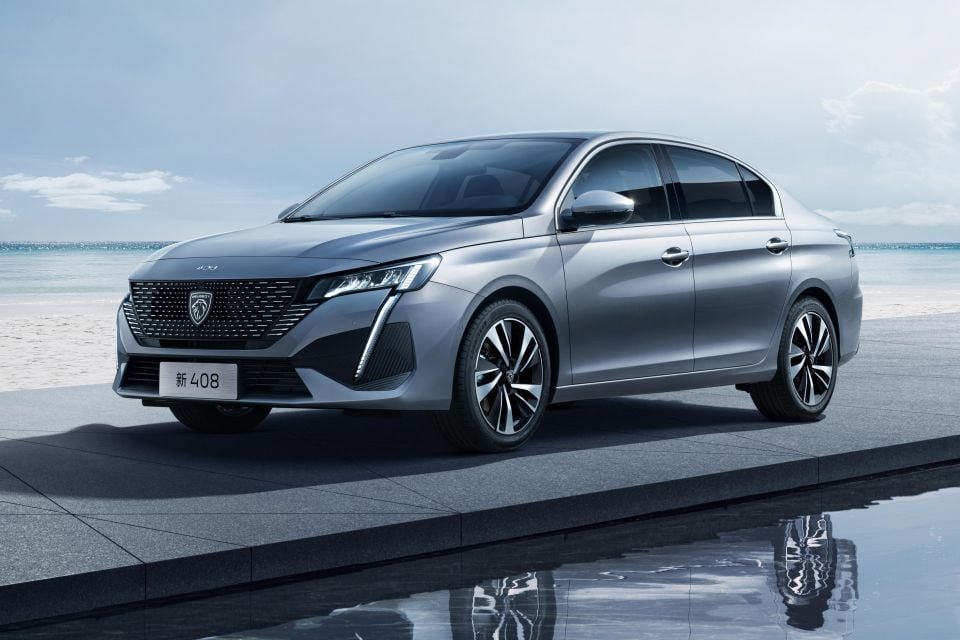
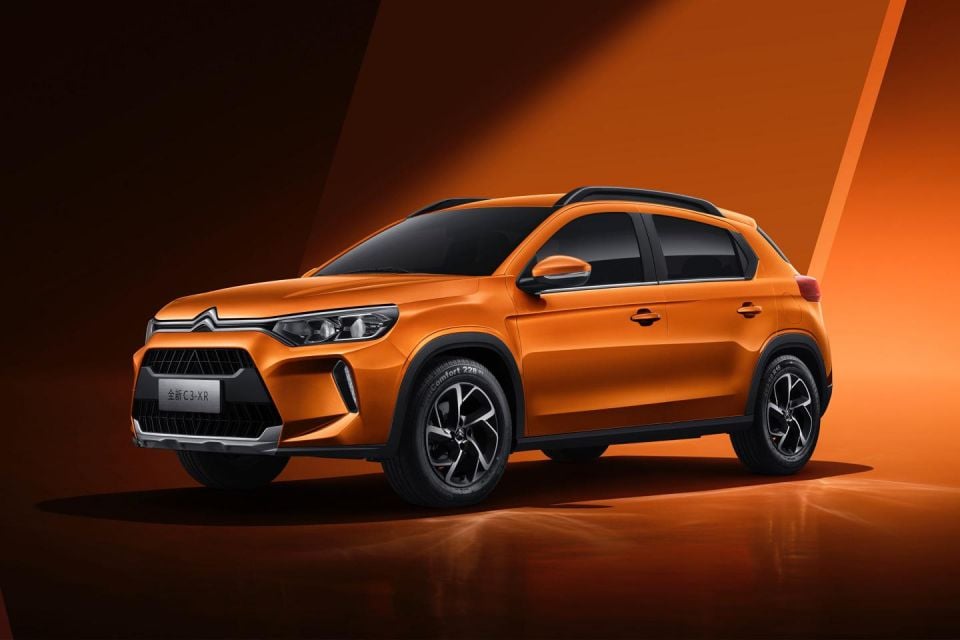
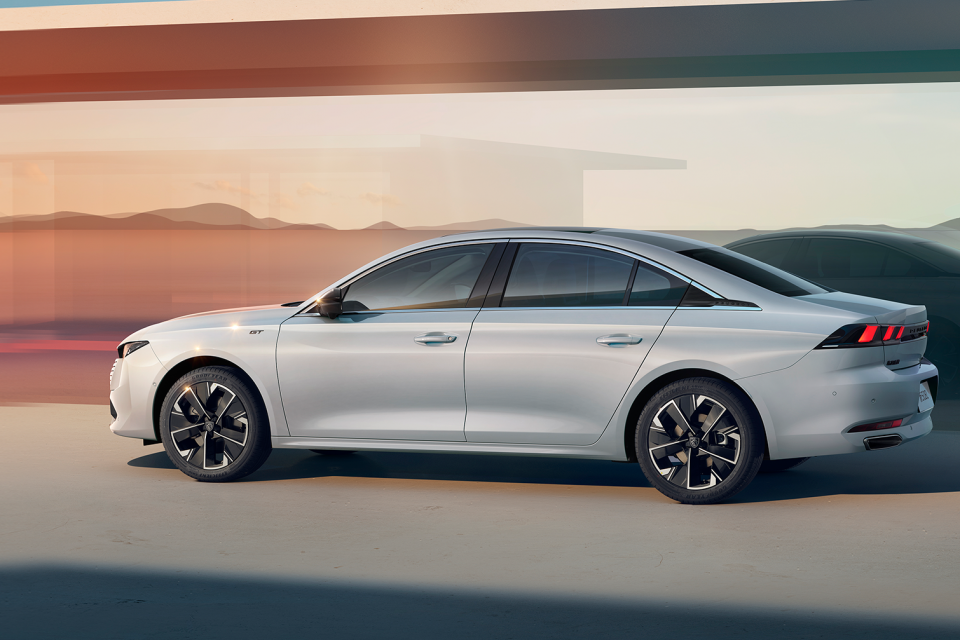
Stellantis’ fortunes haven’t changed much as a combined entity.
It ended Chinese production of Jeep vehicles last year, while also publicly mulling ending all vehicle production in the market – a move which would terminate the joint venture with Dongfeng that produces Peugeot and Citroen vehicles.
The company’s CEO, Carlos Tavares, has spoken of an “asset-light” strategy for the Chinese market, saying in July he’s happy with this move to downsize as Western rivals like Volkswagen and General Motors are increasingly squeezed by Chinese brands and their pricing decisions.
Stellantis’ new chief financial officer, Natalie Knight, said earlier this year China still represents a “great opportunity” and that figuring the increasingly EV-hungry market out is key for the automaker.
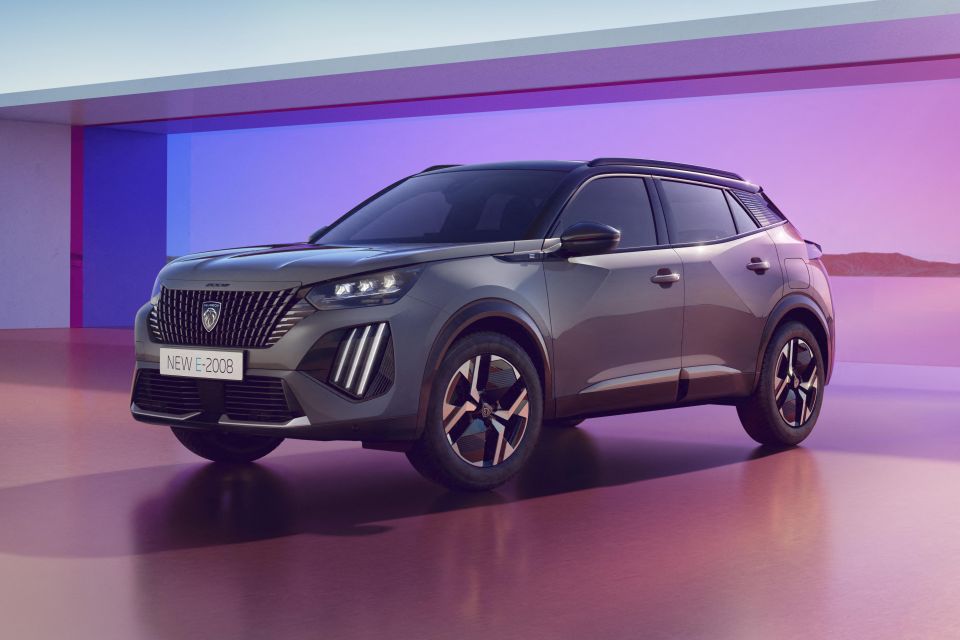
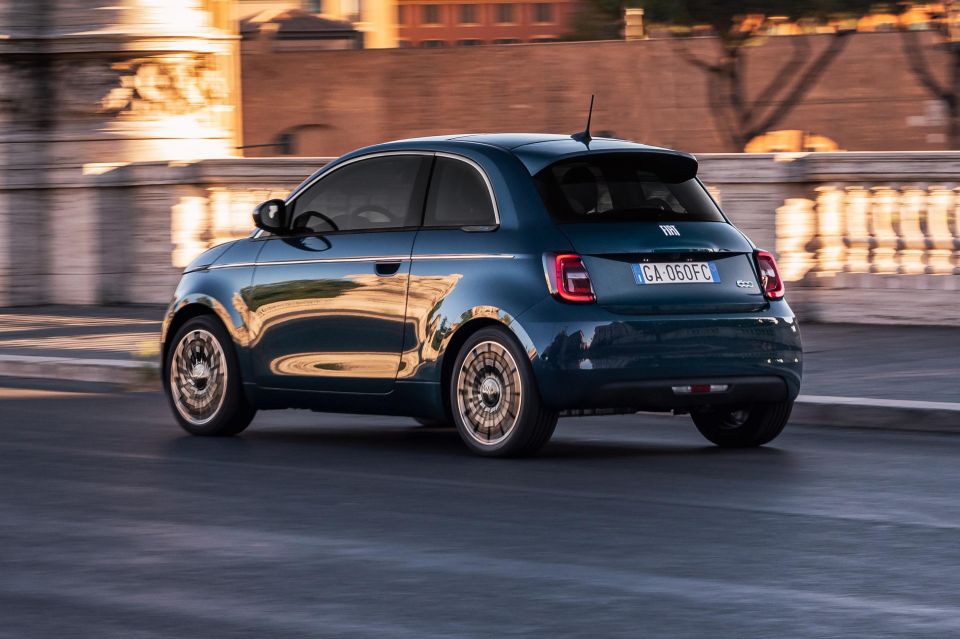
“Unlike some of our other regions, where we have got a number one or two position with almost all the brands in the portfolio, this is a spot where there is a lot of opportunity,” said Ms Knight.
“There have also been some real lessons learned as an organisation.”
The brand doesn’t currently sell any mass-market EVs in China, even as EV uptake continues to accelerate. Notably, Peugeot doesn’t offer any EVs there despite offering a wide range of them in Europe.
William Stopford is an automotive journalist with a passion for mainstream cars, automotive history and overseas auto markets.


Damion Smy
11 Hours Ago
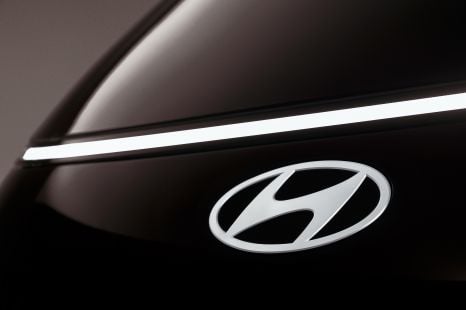

Damion Smy
14 Hours Ago
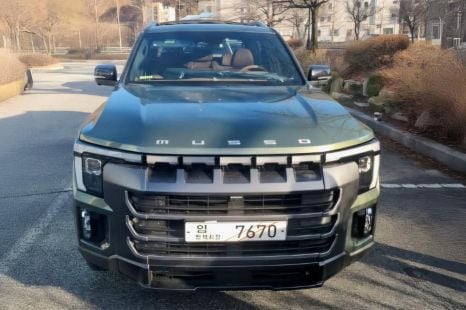

Damion Smy
18 Hours Ago
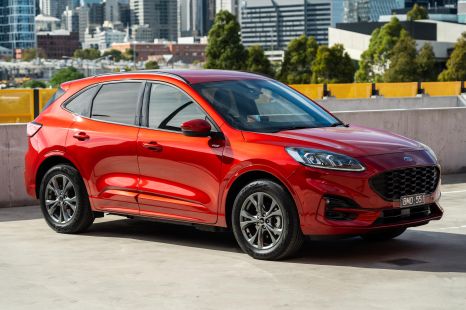

Damion Smy
20 Hours Ago
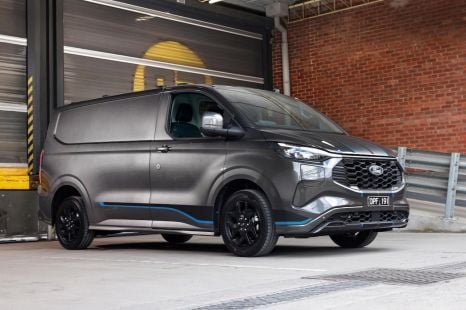

Damion Smy
20 Hours Ago
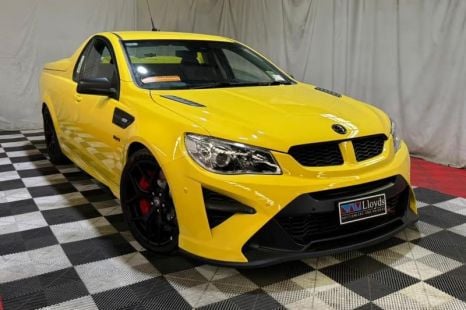

Damion Smy
20 Hours Ago